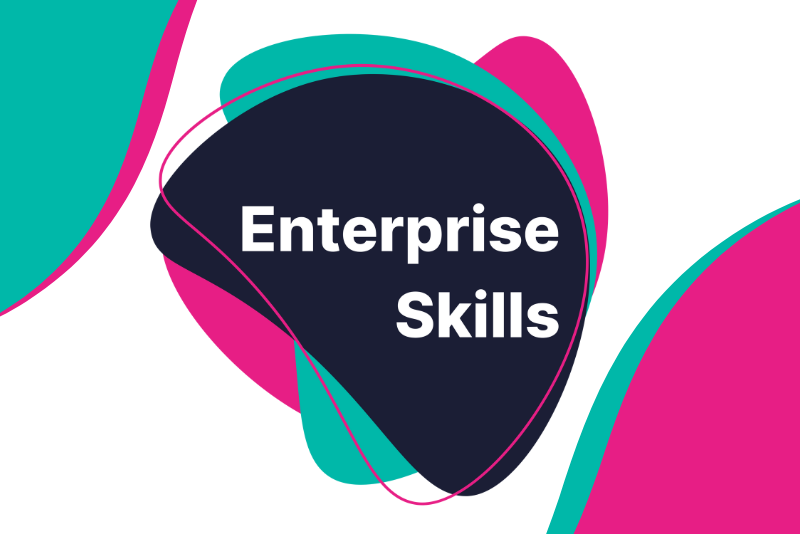Understanding the balance between exam technique and subject knowledge is crucial for student success. While subject knowledge forms the foundation of understanding, exam techniques are the tools that allow students to effectively demonstrate this knowledge under exam conditions. This article explores how educators can guide students in mastering both aspects to optimise their performance in assessments.
Understanding Exam Technique vs. Subject Knowledge
Exam technique refers to the strategies and skills students use to navigate exams effectively. This includes time management, understanding question types, and structuring answers. On the other hand, subject knowledge is the depth of understanding and information a student has about the subject matter. Both are essential, but they serve different purposes in the context of assessments.
Why Balance Matters
- Subject Knowledge: Without a solid grasp of the subject, students cannot provide accurate or insightful answers.
- Exam Technique: Even with extensive knowledge, poor exam technique can lead to underperformance, as students may misinterpret questions or fail to manage their time effectively.
Strategies for Developing Exam Techniques
Effective exam techniques can significantly boost student confidence and performance. Here are some practical strategies educators can implement:
1. Familiarisation with Exam Formats
- Use past papers to help students become familiar with the structure and style of questions they will encounter.
- Encourage students to practice under timed conditions to simulate the pressure of an actual exam.
2. Time Management Skills
- Teach students to allocate time based on the marks available for each question.
- Introduce techniques such as the ’10-minute rule’ where students spend no more than 10 minutes on any question worth 10 marks.
3. Understanding Command Words
- Help students decode common command words like ‘analyse’, ‘evaluate’, and ‘discuss’ to understand what each question is asking.
- Provide examples of how to respond to different command words effectively.
Enhancing Subject Knowledge
Deep subject knowledge is achieved through consistent study and engagement with the material. Here are ways to enhance this:
1. Active Learning Techniques
- Encourage students to summarise topics in their own words to reinforce understanding.
- Use mind maps and diagrams to help visualise connections between concepts.
2. Real-World Applications
- Incorporate case studies and current events to make learning relevant and engaging.
- Link theoretical concepts to practical examples to deepen understanding.
3. Regular Revision
- Set up a revision timetable that covers all topics systematically.
- Utilise spaced repetition techniques to reinforce memory retention.
Common Pitfalls to Avoid
Despite best efforts, students can fall into common traps that hinder their performance. Here are some to watch out for:
Over-Reliance on Memorisation
- Encourage understanding over rote learning. Students should be able to apply concepts, not just recall them.
Ignoring Exam Technique
- Some students may focus solely on knowledge, neglecting the importance of practising exam strategies.
Poor Time Management
- Stress the importance of practising under timed conditions to prevent running out of time during the exam.
Implementing a Balanced Approach
To effectively balance exam technique and subject knowledge, educators should integrate both into their teaching practices:
1. Integrated Lesson Plans
- Design lessons that combine content delivery with exam practice, such as using exam-style questions in class discussions.
2. Continuous Feedback
- Provide regular feedback on both content understanding and exam performance to guide student improvement.
3. Encouraging Self-Assessment
- Teach students to evaluate their own strengths and weaknesses in both areas, promoting independent learning.
Conclusion: Next Steps for Educators
Balancing exam technique and subject knowledge is key to student success in business and economics assessments. By implementing the strategies outlined above, educators can help students develop the skills needed to excel in both areas. Encourage students to engage with both the content and the exam process, ensuring they are well-prepared for any assessment challenge they face.
Ultimately, the goal is to equip students with the confidence and capability to demonstrate their knowledge effectively, bridging the gap between classroom learning and exam performance. By focusing on both aspects, educators can drive significant improvements in student outcomes.





